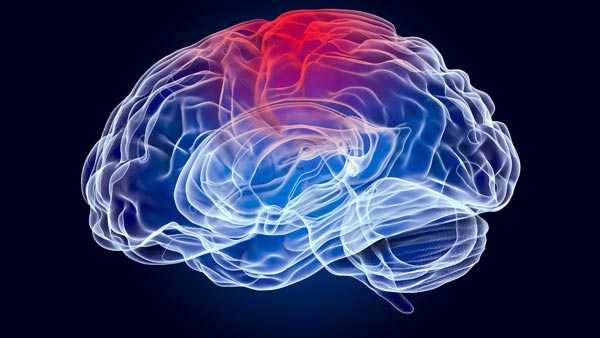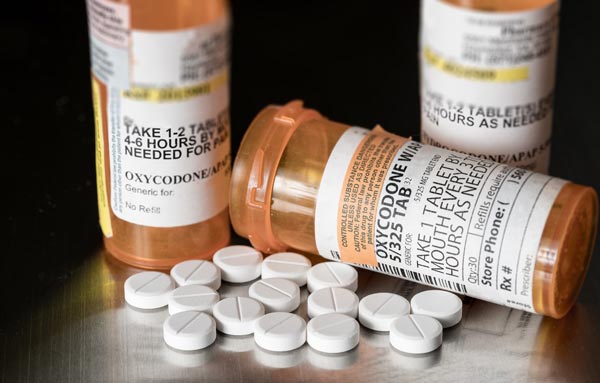If you’re in a relationship and substance abuse has developed into an addiction, you may notice a negative impact on your relationship. Similar to relationships, addiction is unique to the person and requires individual help.
Seeking professional addiction treatment sooner than later may be the key to saving your relationship. If ignored, your relationship may be at risk of falling apart.
In this article, we’re taking a closer look at how drug addiction affects relationships.
How Drug Addiction Affects Relationships
For most people, a romantic relationship is meant to be exclusive. When a partner is addicted to drugs or alcohol, it can feel like there is infidelity at work. The following are warning signs that addiction has become an unwelcome third party in your relationship.
Here’s how drug addiction affects relationships in a negative way.
Arguments
It is normal for couples to experience periods of not agreeing. Depending on the type of relationship style that each partner has learned and tends to practice, these disagreements can easily turn into occasional arguments. However, arguments can become a daily norm When a partner has a drug addiction. As you may have guessed, the nature of the argument will center around one partner’s insistence on using and everything that goes along with that. The standard arguments over who will walk the dog or what to eat for dinner will seem highly preferable to the arguments that go on during addiction.
Deception
One tactic used to avoid irreconcilable arguments is deception. A partner who does not want to give up the drug-seeking and addictive behavior may begin to lie about it. Depending on the mindset and energy levels of the partner being lied to, it may be easier to accept the deceptive answers as truth. A partner on the brunt end of the lies doesn’t have many options for handling the situation. A partner can continue to argue, can leave, or can decide to sweep it all under the rug.
Enabling
Part of sweeping it under the rug often involves beginning to make excuses for the addicted partner. People in a relationship with someone addicted may have to create some deception. Family members are told that the absent spouse is at home suffering from a cold or that the addicted partner’s frequent time away from home is due to work. Employers are told that the time off from a job is due to stomach problems rather than staying up all night with worry or fighting. The deception used by an addicted partner can easily seep into the life of the other.
Loss of Intimacy
While all of the focus is on the substance, there is very little energy left over for nurturing the relationship. Over time, the high produced by a substance will rob a person of the ability to experience pleasure without it. This can result in an addicted person feeling the need to get high or drunk before even engaging with their partner. Not only does the fact that a partner is using make it difficult for the non-using person to be psychologically present during intimacy, but the mental and physical characteristics of the substances themselves can also make intimacy impossible or undesirable for the addict.
Temptation to Use
It may seem odd that the non-using partner may be tempted to join in with the substance-abusing mate, but the answer to why that happens often lies in the above description of the loss of intimacy. It is no fun watching the love of your life go down a road alone, leaving you behind to deal with the real world. Partners may be tempted to plunge into the reprieve of denial. They may even be encouraged to do so by the addicted partner. As the old saying goes, misery loves company. Once both partners succumb to the demon of addiction, the destruction of anything good remains is virtually assured.
Domestic Violence
Last, and certainly not least on this list is the role that domestic violence plays in an addictive relationship. As far too many people know, drugs and alcohol can turn a peaceful person into a brawler, a patient person into a hothead, and a kind person into a sociopath. Explosive tempers and a lack of empathy can quickly progress from verbal altercations to punches and kicks. While some partners will see this type of behavior as a clear sign that it is time to make an exit from the relationship, others will be too deep into it to remember to practice self-preservation.
The Role of Codependency
What fuels these types of interactions in relationships with substance abuse and addictions is codependency. With codependency, the identity of one partner is too closely intertwined with the identity of the other. The sober partner may begin to see the addiction situation as a necessary and normal part of the relationship. They will slowly accept the idea that the experience is normal for a couple to endure and will minimize the negative effects of the addiction on the relationship. Self-sacrifice becomes a central theme for the non-addicted partner, and the persona of a martyr is eventually adopted.
Getting Help
Substance Abuse Treatment
The obvious answer to improving the relationship is to remove the main culprit. If a partner’s drug or alcohol use results in any of the experiences above, it can technically qualify as a disorder. Due to the prevalence of substance use disorders, many effective forms of treatment have evolved over the past decades. A person desiring to escape the trap of addiction can receive services such as medical detox, inpatient treatment, and outpatient support.
Partner Therapy
It is sometimes the case that an addicted partner is unaware of the destruction the substance use brings to the relationship. Having a third party as a mediator for discussion can be useful in getting all points heard and acknowledged. A couple’s therapist can assist in helping foster the empathy and understanding needed to make the relationship work.
Individual Therapy
The above forms of treatment require the buy-in of the partner who is addicted. Unfortunately, this buy-in is not always a reality. In cases where the addicted person is not ready to give up the behavior, it is recommended that the sober partner seek some therapy. Participating in individual therapy can provide better coping skills for managing life and can provide insight into what perpetuates the issue.
Sources:
- Mental Health America. Codependency. Mental Health America. Accessed October 12, 2022. https://www.mhanational.org/co-dependency





